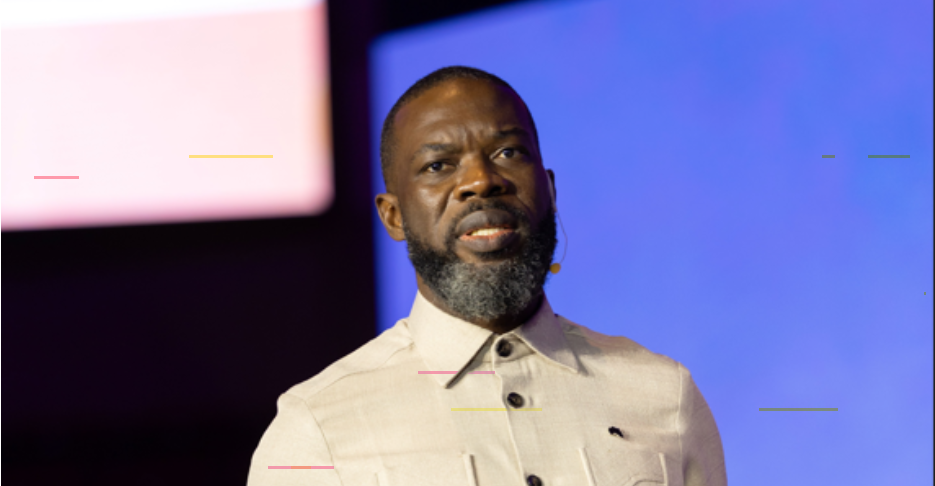

Kenya has been challenged to come up with thoroughly vetted and structured projects that meet the criteria of lenders and investors to fully benefit from billions of dollars available for Africa’s infrastructure development.
This will build investor confidence hence unlocking the much needed capital for their implementation, bridging the existing huge infrastructure financing gap estimated at $70 billion (Sh9 trillion) in the continent, with Kenya's annual infrastructure financing gap currently standing at between $1.8 billion (Sh232.6 billion) and over $4 billion (Sh516.9 billion).
According
to Project Management Institute (PMI)–a
global community for project managers that supports the transformation of
global infrastructure, poorly prepared projects, rather than lack of
financing, remain the single biggest obstacle to Africa’s growth.
For Kenya, which continues to grapple with high energy costs and corruption, it is struggling with unfinished mega projects amid a growing urban population, depite major strides being achieved in projects such as the Nairobi’s Expressway and renewable energy ventures in Turkana.
Implementation of mega projects such as the Konza Technopolis, which was started by the government in 2008 as part of the country's vision to become a middle-income nation by 2030, has been slow.
The Bus Rapid Transport initiated between 2015-2018 is yet to be implemented despite a plan being in place.
While Kenya has shown ambition, experts warn that without bankable design, sound financial structures and risk-proof execution, many projects risk stalling or losing investor confidence.
“We believe project success is not measured only by schedules and budgets but by outcomes that change lives. Africa’s future will be shaped not by the number of projects we launch, but by the impact those projects deliver," PMI Sub-Saharan Africa managing director, George Asamani, said.
African Development Bank’s director for the development impact and results department, Armand Nzeyimana warned that poor preparation comes at a steep cost.
“Projects designed for five years often stretch to eight or more. Every missed deadline is not just a financial loss, it delays development,” Nzeyimana said during an industry summit in Kigali.
In Kenya, delays in key road, housing and energy projects have been cited as having “real consequences” for competitiveness and job creation.
Kenya, with its strategic location, human capital and infrastructure ambitions is however well-placed to lead East Africa in turning vision into bankable projects, PMI notes.
The country has been a major beneficiary of AfDB-backed initiatives under the Bank’s High 5 priorities - from transmission lines that strengthen the national grid, to rural electrification and support for agricultural value chains.














